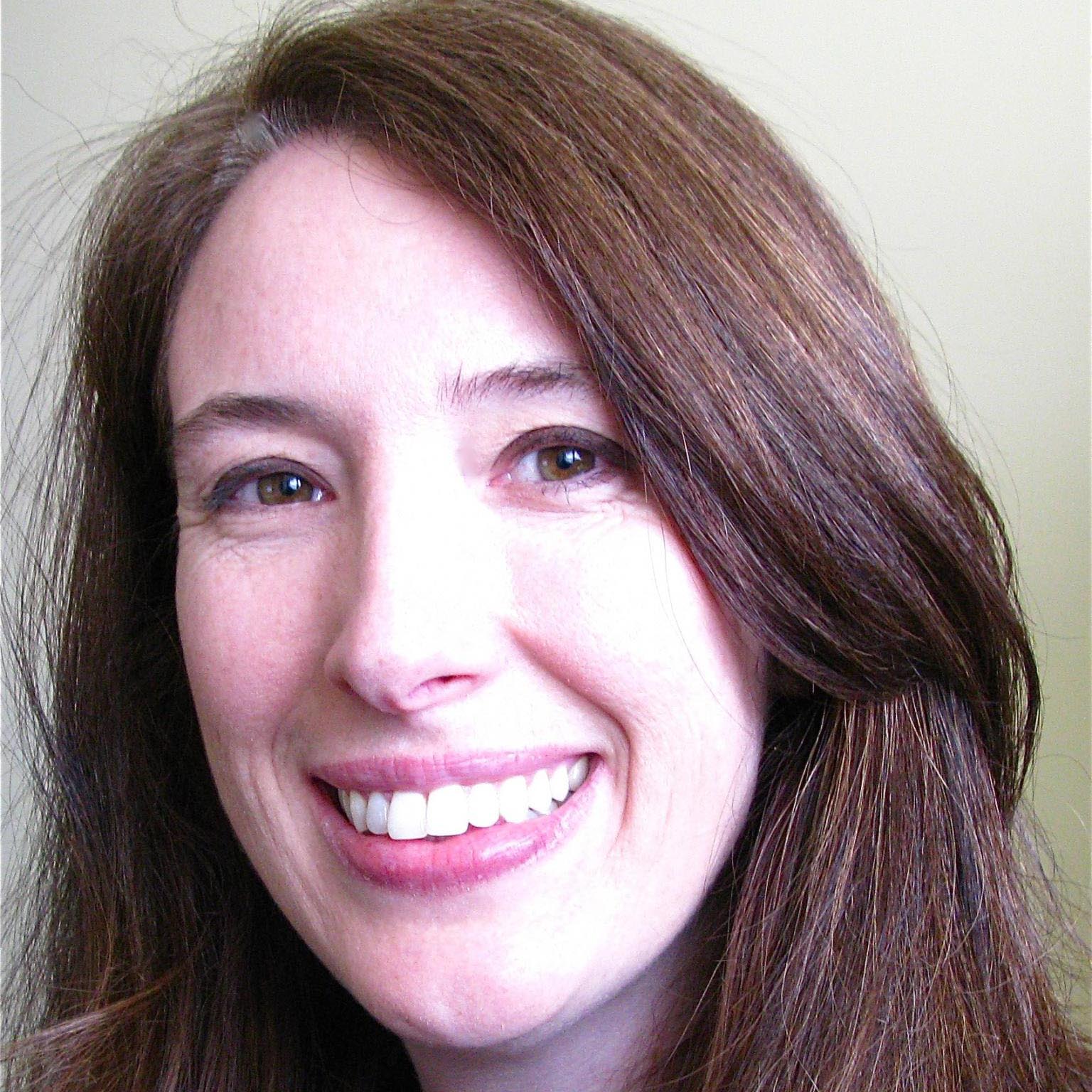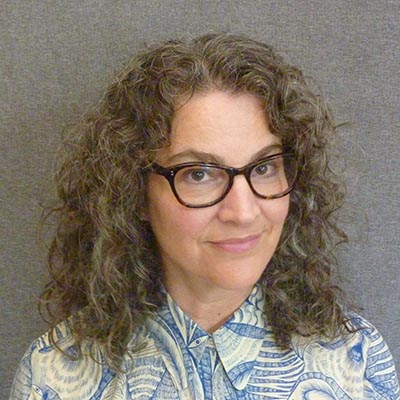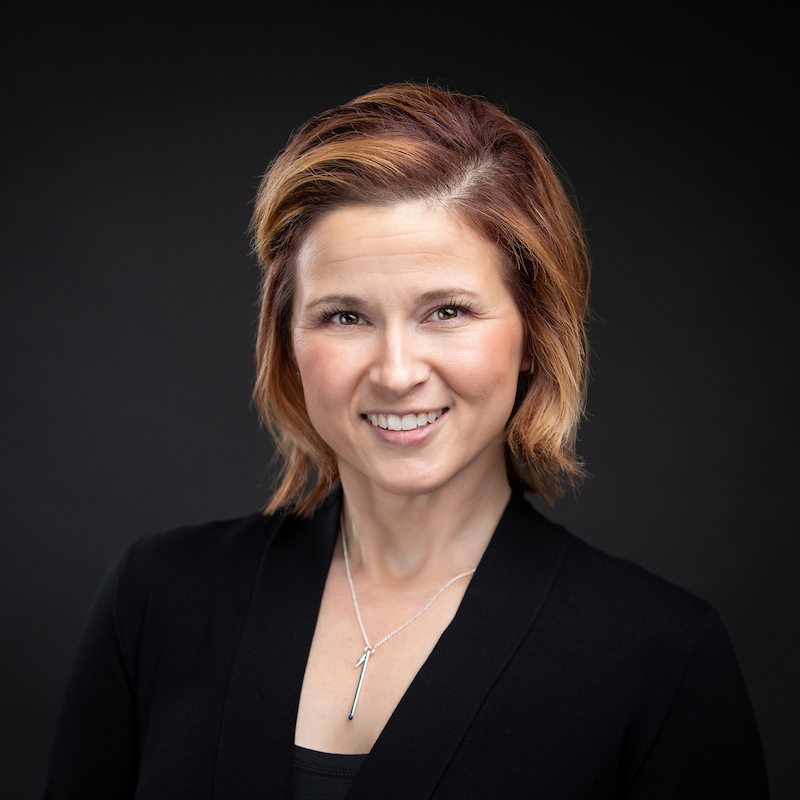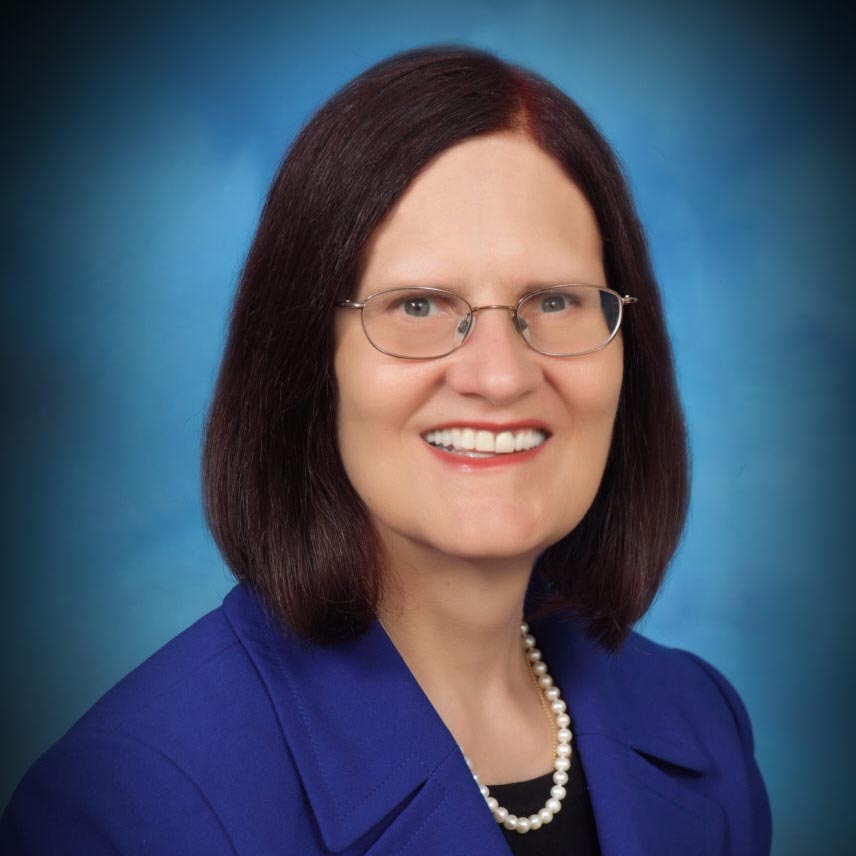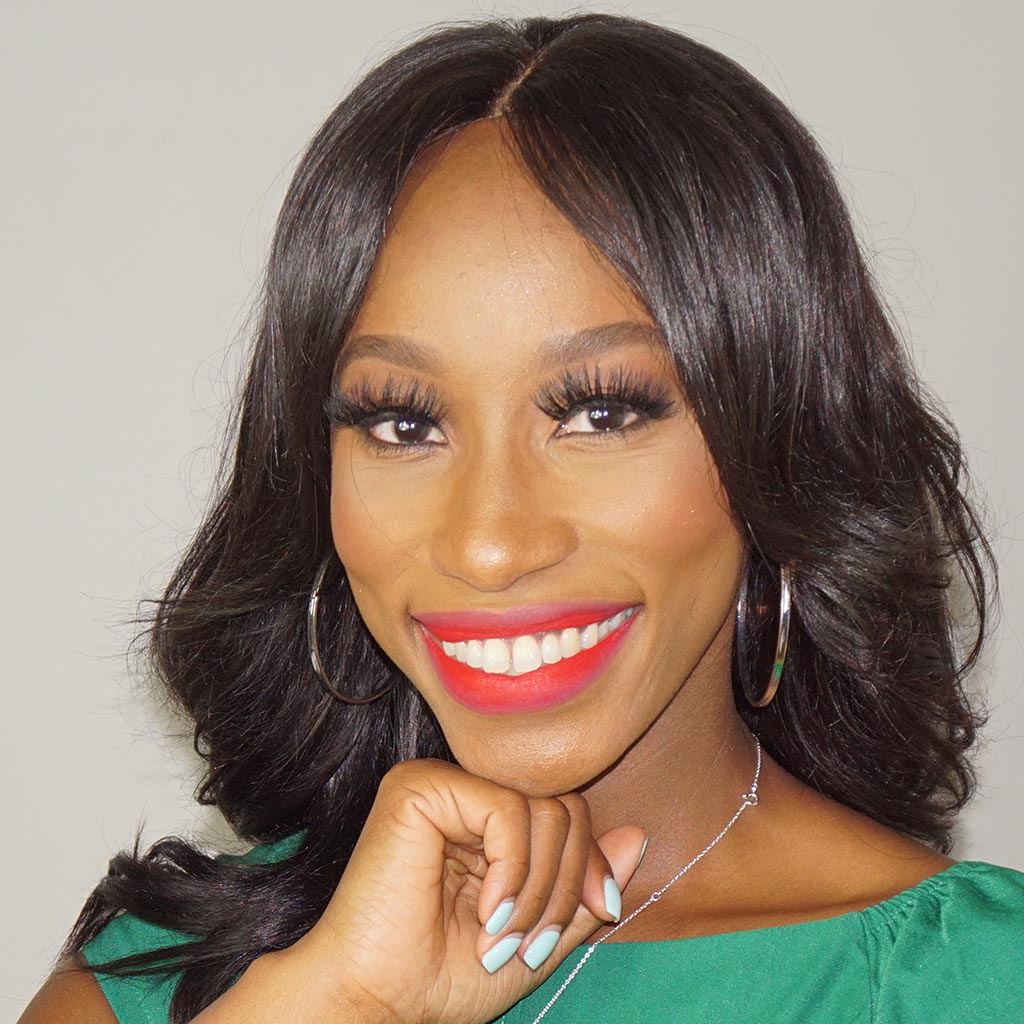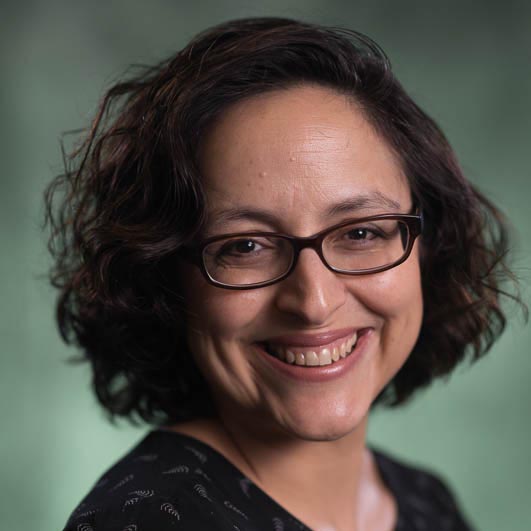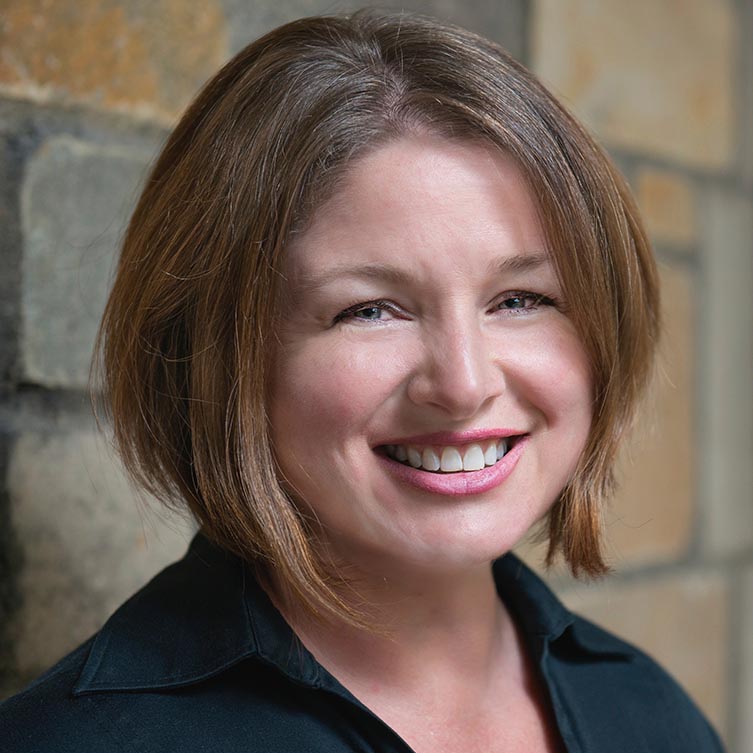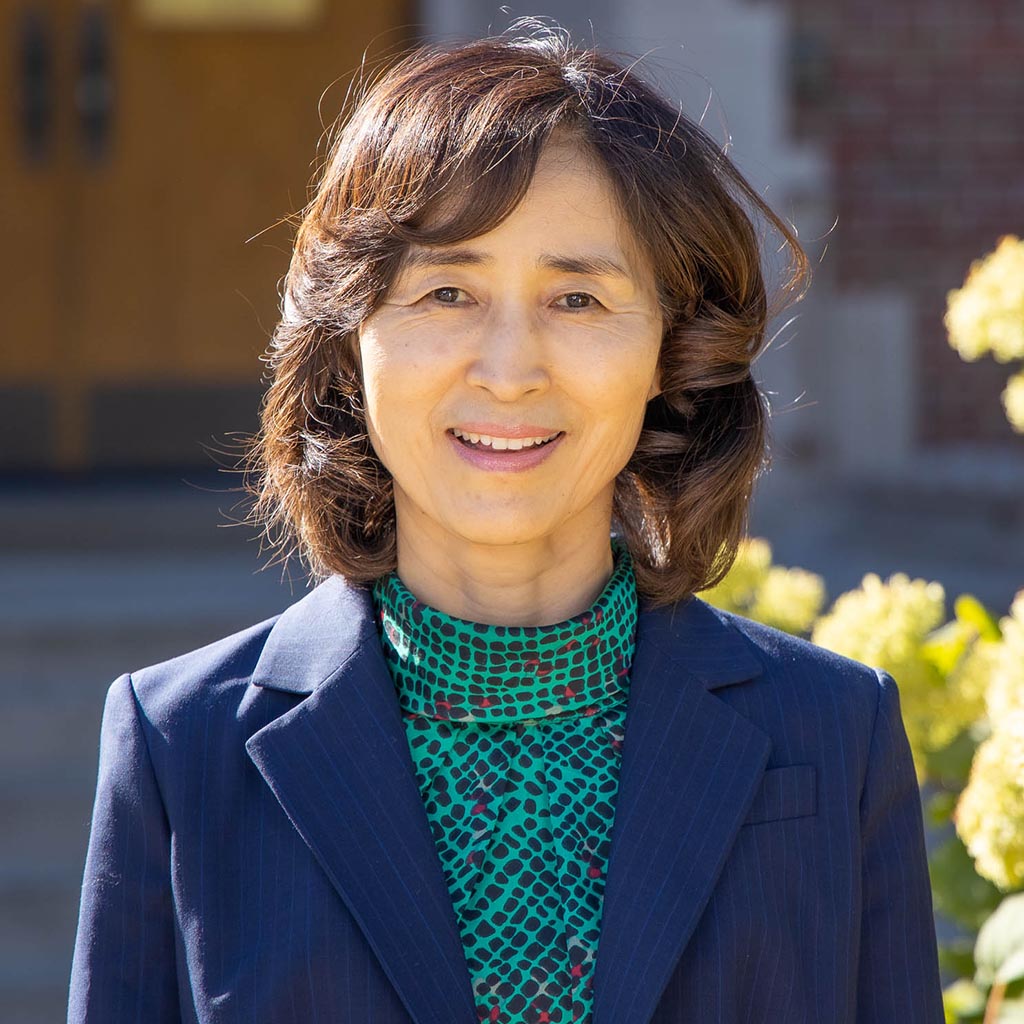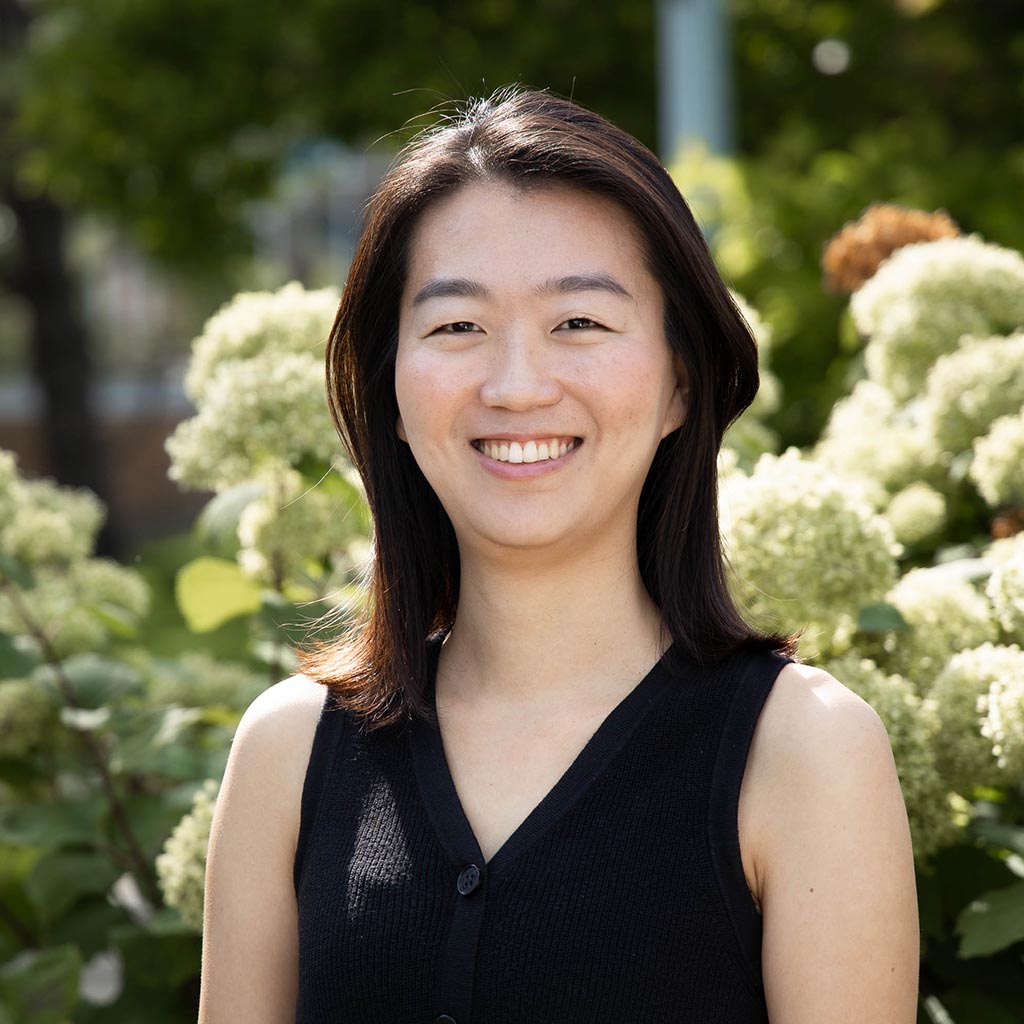Marginalized Youth and Families
The Marginalized Youth and Families area focuses on young people (ages 0-21) who are supervised by the child welfare and/or juvenile legal systems—including youth who are institutionalized, living at home, with foster parents, kinship caregivers, or adoptive parents—as well as youth who are Black, Indigenous and/or People of Color (BIPOC), poor, LGBTQ+, undocumented immigrants, have a parent with a chronic mental illness, and/or are intellectually or developmentally disabled. Social forces (e.g., racism, xenophobia, homophobia and transphobia, stigma related to mental health or ability status), public policies, neighborhood conditions, systems responses, and family circumstances are among the factors that often collude to marginalize, stigmatize, and impede the healthy development and long-term success of these youth and their families. Our work examines these factors in relation to youth outcomes and evaluates the implementation and effectiveness of various policies and programs designed to support youth, build on their strengths, and optimize their development.
